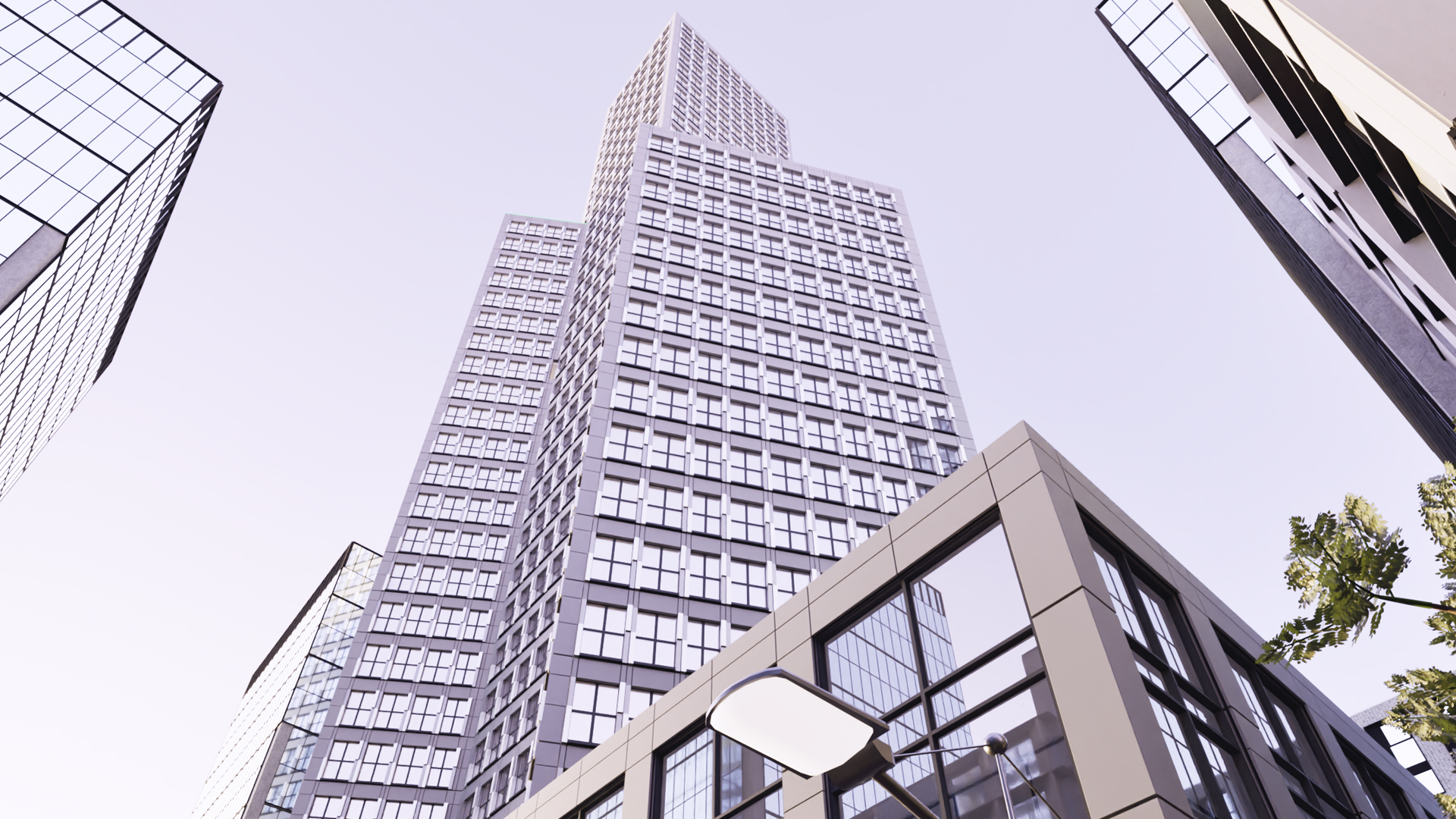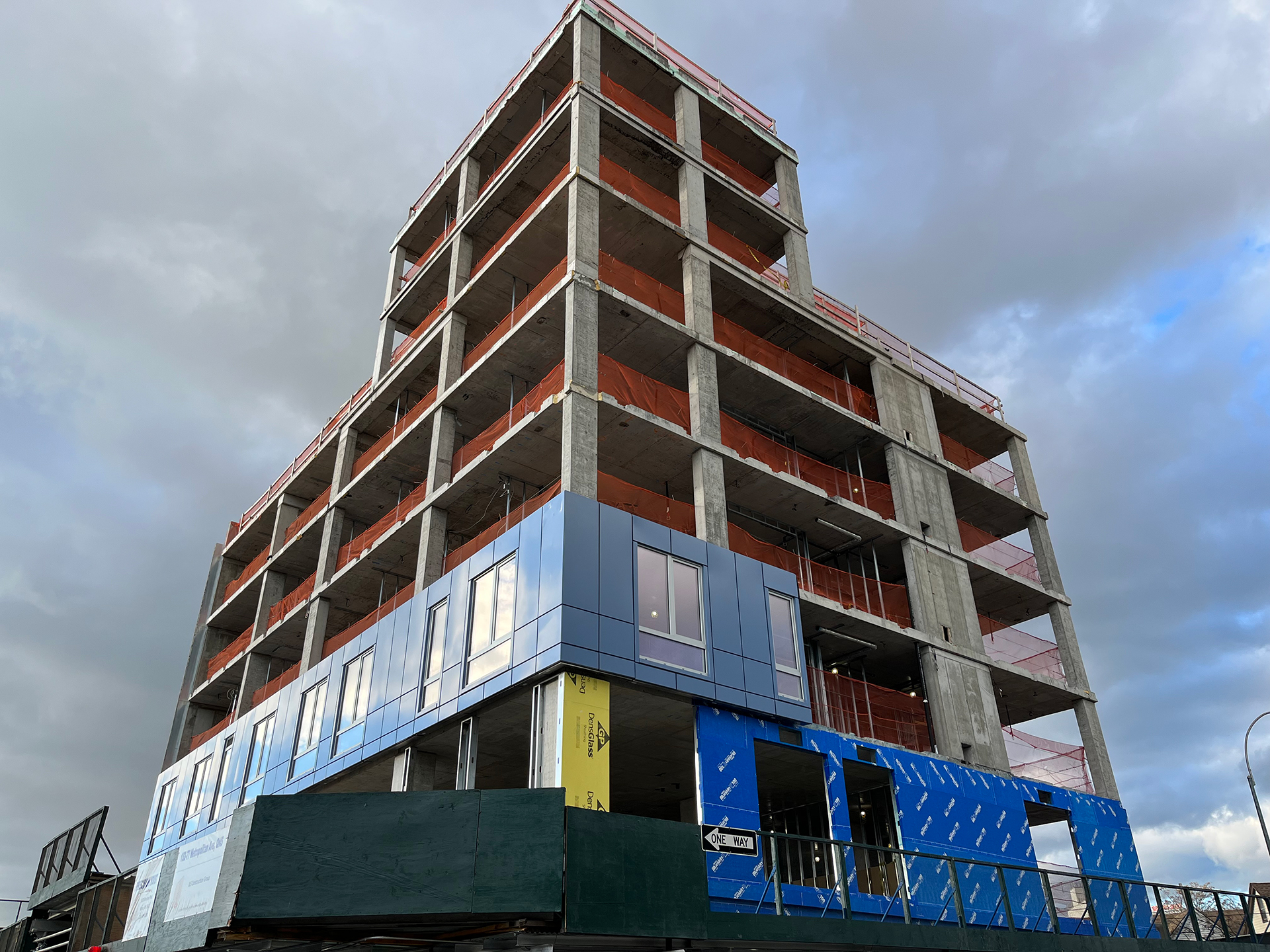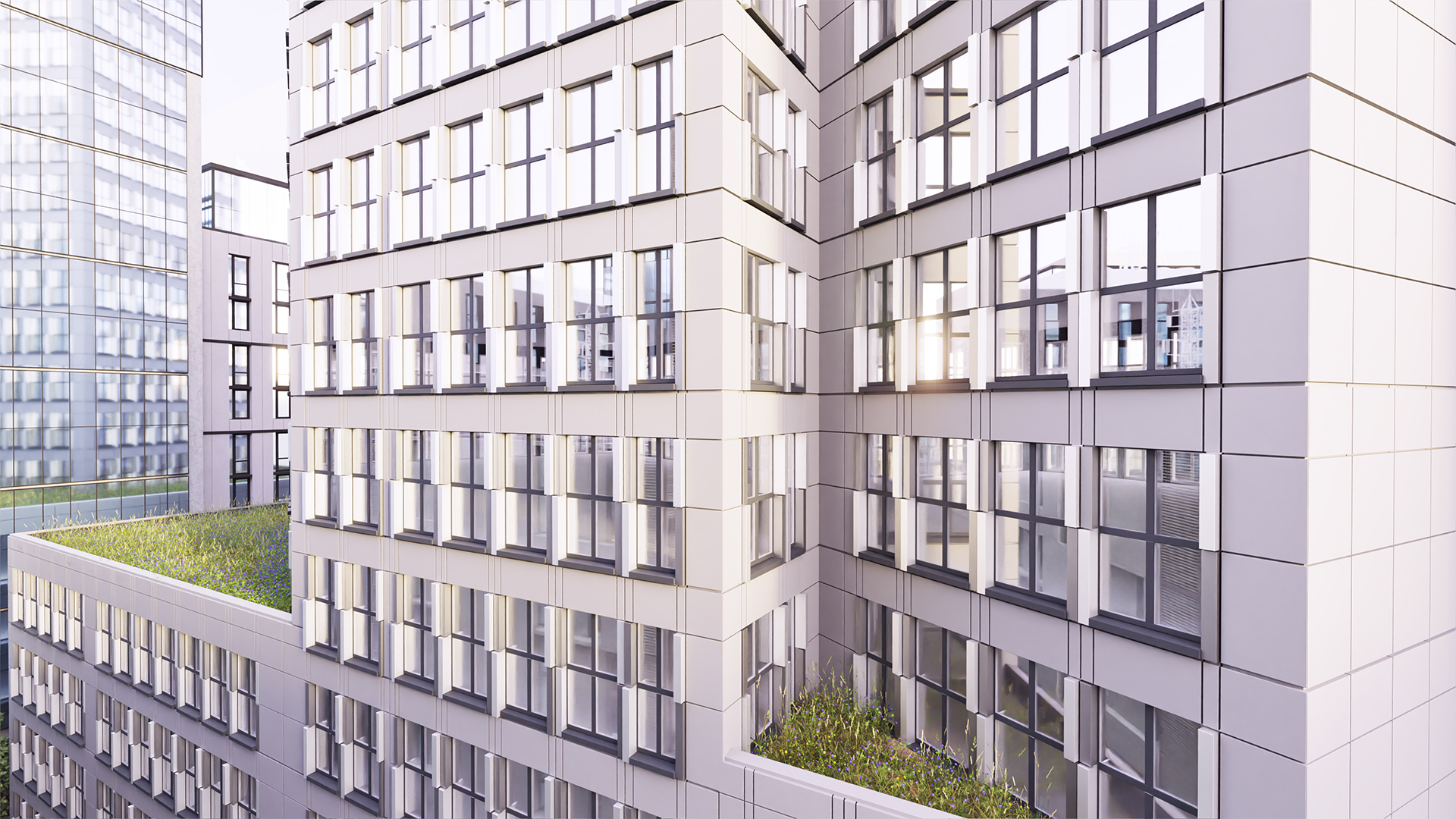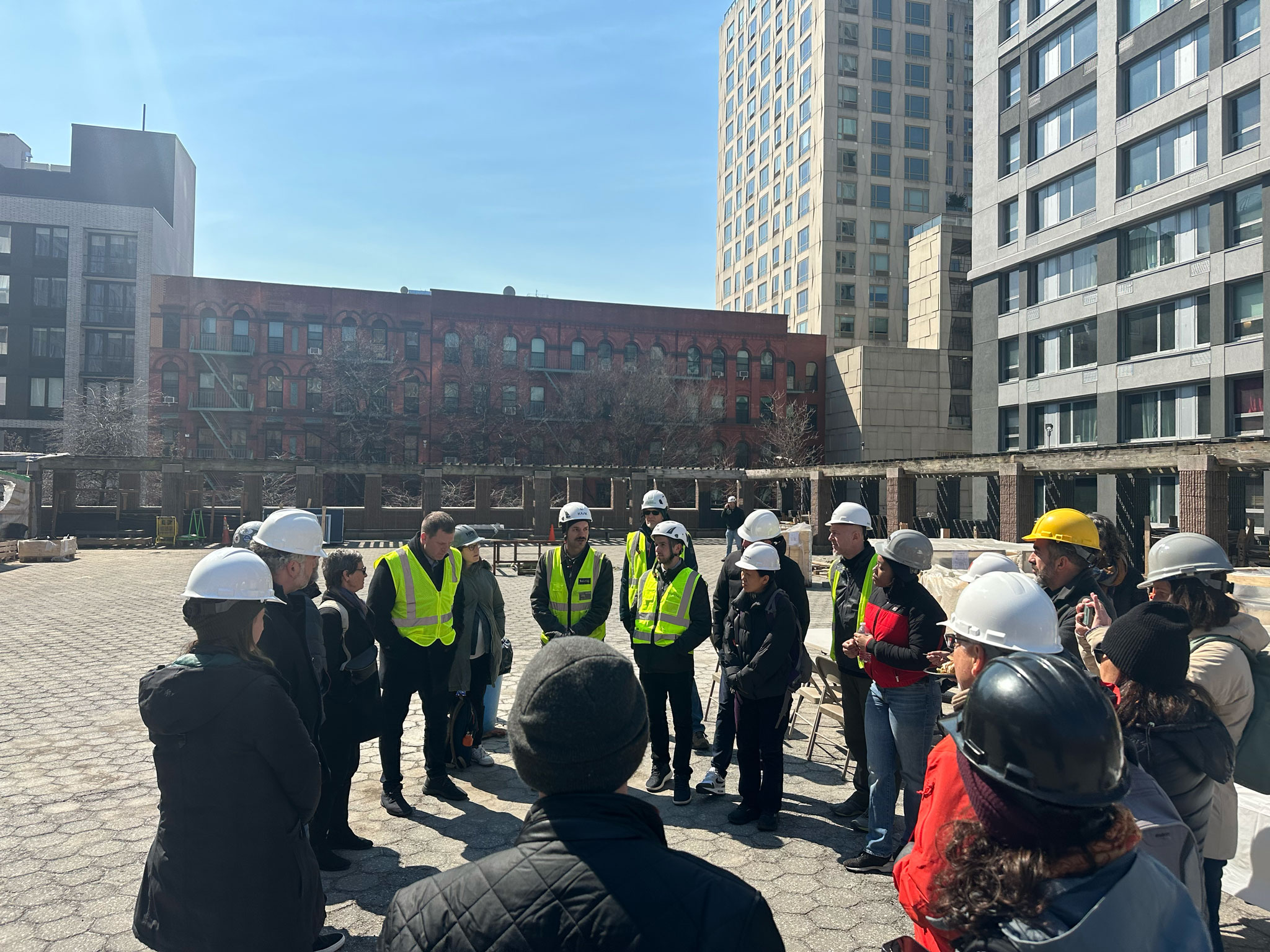Sustainable Innovation in Modern Construction

Modern construction is entering a new phase where technology and sustainability go hand in hand. With growing attention to environmental impact, energy efficiency, and resource optimization, the industry is rethinking how buildings are designed and built. Prefabricated solutions, supported by intelligent planning tools, allow for faster and more precise implementation while reducing waste and emissions.
This shift reflects a broader commitment to creating buildings that serve both people and the planet-structures that meet today's practical needs while supporting long-term ecological goals. By combining innovation with responsibility, modern construction is setting new standards for quality, affordability, and environmental performance, shaping the foundation of sustainable urban development.
Ecology and Production Efficiency
In modern construction, environmental responsibility is an essential component of project success. Prefabricated facade systems not only make it possible to implement architectural solutions quickly but also significantly reduce negative environmental impact. The production of facade panels at regional facilities, under strict quality control, minimizes construction waste, while optimized logistics-supported by basic artificial intelligence algorithms-helps reduce transportation emissions.
Artificial intelligence assists users in efficiently planning production and logistics processes, making them more environmentally responsible without interfering in creative or managerial decisions. As a result, the overall carbon footprint and operational emissions are significantly reduced, while construction moves faster and delivers higher quality.
Reducing Emissions and Optimizing Resources
Prefabricated facades produced at regional facilities reduce waste and provide better control over the manufacturing process. This approach cuts carbon emissions by as much as 43% compared to traditional technologies, while operational emissions are reduced by 22%.
A key factor in this process is logistics optimization-using tools that determine the most efficient way to package and deliver facade panels. This reduces the number of transportation operations and minimizes environmental impact.
The advantages of this approach include
- Reduction of construction waste through precise manufacturing.
- Use of recycled and environmentally safe materials.
- Decreased energy consumption during installation.
- Optimization of transport routes and packaging.
This combination of production and logistics optimization makes construction not only fast and accurate but also environmentally responsible.
Compliance with Current Environmental Standards
Modern megacities demand not only high-quality buildings but also strict compliance with environmental standards. This applies not only to energy consumption but also to emissions of harmful substances during both construction and operation. In such cities, strict laws regulate permissible emission levels and require increased building energy efficiency.
In New York, for example, Local Laws 97 and 11 establish high standards for reducing the carbon footprint of buildings and limiting harmful emissions. These regulations require the use of modern eco-friendly technologies and materials, along with ongoing monitoring and quality control at every stage of construction.
Dextall provides solutions that fully comply with these stringent requirements. Their facade systems not only help minimize environmental impact but also contribute to the creation of comfortable and safe urban environments while supporting sustainable development goals. By reducing the need for frequent repairs and extra energy consumption, these systems extend the service life of buildings and further lessen their environmental impact.
The adoption of such standards and technologies represents a critical step in the advancement of urban construction-one that responds to modern challenges and guarantees favorable living conditions for future generations.
Solutions for Affordable Housing
The shortage of affordable housing in major cities such as New York is one of the most pressing social challenges. With more than 6 million people seeking to purchase a home and only 10,000 affordable units available, budget management and construction timelines become decisive factors.
Dextall Studio is a unique AI-powered platform that reduces facade installation labor intensity by up to 87%, provides clear cost control from the very beginning of construction, and complies with union requirements. Thanks to this, developers such as L+M Development and Essence Development are successfully initiating and delivering large-scale affordable housing projects that previously might have been delayed due to organizational complexities.
Budget Transparency and Reduced Labor Intensity
Budget transparency is ensured through precise planning and automated cost estimates generated from real-time data, helping prevent unforeseen expenses. In addition, standardized facade solutions combined with optimized logistics reduce delivery times and lower installation costs.
Key advantages include:
- Clear and transparent budget allocation from the very start of the project.
- Rational organization of material delivery and storage.
- Standardization of system elements, which simplifies and accelerates installation.
- Full compliance with safety standards and union requirements.
These factors significantly improve the efficiency and speed of affordable housing project implementation.
Project Examples from Leading Developers
Projects by companies such as L+M Development and Essence Development clearly demonstrate the effectiveness of using prefabricated facade systems in workforce housing. Through modern technologies and innovative approaches, these developers have been able to:
- Shorten construction and facade installation timelines.
- Ensure budget transparency and financial control.
- Meet all union rules and building standards.
- Scale projects to fit different needs and conditions.
Innovative solutions supported by digital platforms are opening new opportunities for affordable, high-quality housing in major cities.
Intelligent Solutions for Accelerating Affordable Housing Construction
Today's challenges in the field of affordable housing require innovative and efficient approaches that ensure budget transparency, reduce labor intensity, and meet environmental requirements. One of the leading tools helping developers in this process is Dextall Studio-not just a platform for automating routine operations, but an intelligent instrument that optimizes planning, production, and facade installation, thereby improving both the speed and quality of construction.
Such technological solutions open wide opportunities for construction companies to implement socially significant affordable housing projects while also supporting sustainability principles and reducing environmental impact.
The integration of digital tools with advanced manufacturing processes is a key success factor that ensures the stability and durability of urban residential spaces.
Environmental and Affordable Housing Support
How does Dextall Studio contribute to sustainability?
It supports prefabrication, waste reduction, use of recycled materials, and optimized logistics to lower emissions.
Is this system compliant with environmental laws?
Yes, it helps ensure compliance with laws like New York's Local Laws 97 and 11.
How does it assist affordable housing projects?
By reducing labor intensity up to 87%, providing cost control, and supporting union compliance.
What benefits does it bring to construction?
Faster project delivery, transparent budget management, and standardized installation methods.
How does it promote sustainable urban development?
By aiding energy efficiency, extending building life, and reducing the building's carbon footprint.













_format(webp).avif)
_format(webp)%20(6).avif)
_format(webp)%20(5).avif)
_format(webp)%20(4).avif)
_format(webp)%20(2).avif)
_format(webp)%20(3).avif)


.avif)
_format(webp)%20(2).avif)